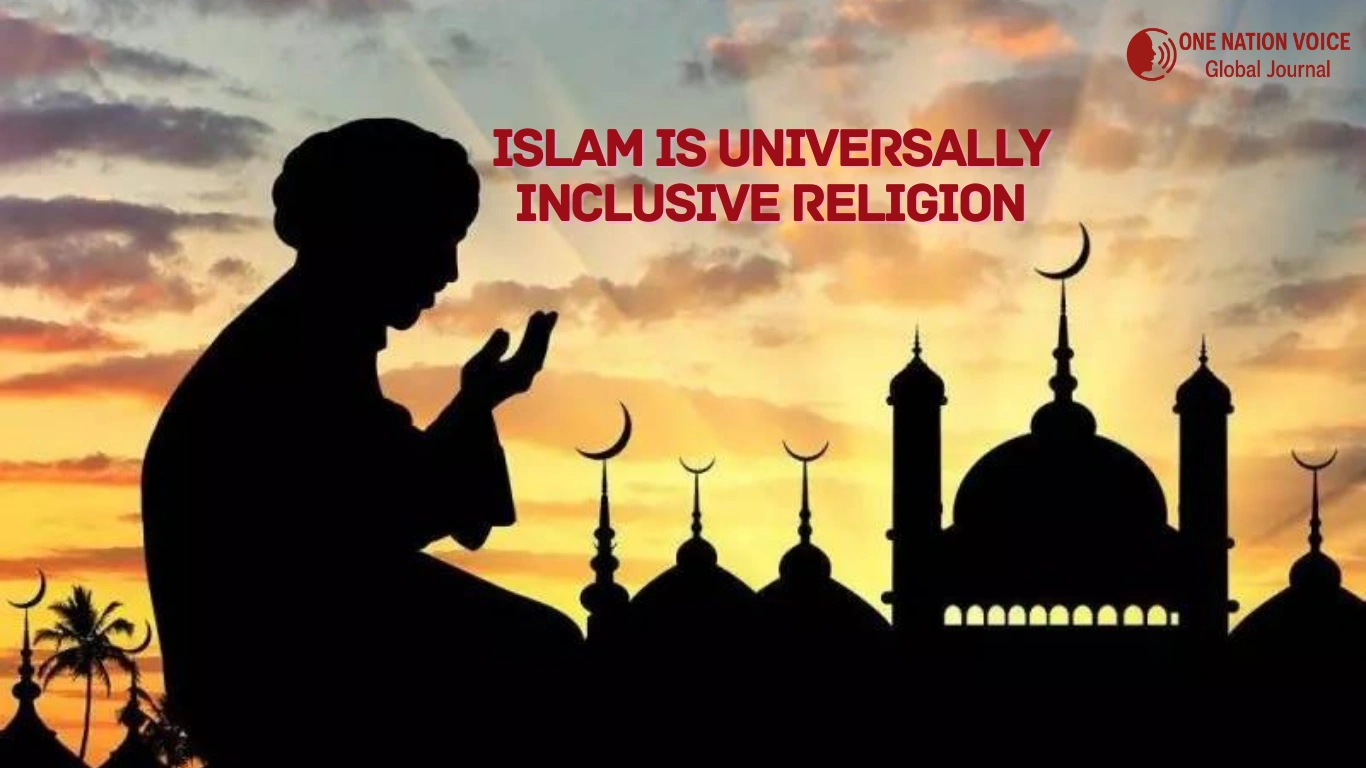Countering Extremist Misrepresentations of Authentic Islam

When we talk about Islam in today’s world, especially in Pakistan, there is a huge difference between what the religion teaches and how some groups twist it for their own purposes. Islam at its core is about mercy, justice, and compassion. But extremists take selected verses or sayings, rip them out of context, and use them to justify violence. That is not just unfair to religion, it is dangerous for society.
The Qur’an literally says that killing one innocent person is like killing all of humanity (5:32). How could anyone then argue that suicide bombings, mob lynchings, or random attacks on markets and mosques are Islamic? It does not add up.
The Qur’an also reminds us that “Do not transgress. Allah does not love transgressors” (2:190). In other words, even in situations of war or conflict, there are boundaries. Women, children, and worshippers are to be protected. You cannot use Islam as an excuse for cruelty.

And the Prophet Muhammad ﷺ himself was very clear: “Beware of extremism in religion. Those before you were destroyed because of exaggeration” (Sunan an-Nasa’i 3057). He was not just talking about rituals he warned against the kind of rigidity and fanaticism that breaks communities apart. His life shows patience, forgiveness, and justice, even when he was wronged. He PBUH is “Mercy to the worlds.”
Where Extremists Go Wrong
The real problem is how some groups hijack sensitive issues like fatwa, jihad, or blasphemy. They thrive on stirring people’s emotions. But the Qur’an teaches a different approach: “If a wicked person brings you news, verify it” (49:6). That is a divine command to slow down, check facts, and think before reacting. Yet we see mobs form in minutes, acting on rumors, not truth. That’s not religion, it is chaos.

The Qur’an also says, “Be just; that is nearer to piety” (5:8). Justice is the bedrock of faith. Extremism blinds people to that. Instead of patience and wisdom, it feeds on anger and vengeance. And once anger takes over, faith becomes distorted.
Islam Belongs to Everyone
Another thing worth remembering: Islam is not the monopoly of one sect or group. The Qur’an calls Muslims a “middle nation” (2:143), a balanced community meant to embody moderation and inclusivity. Sectarian hatred and takfir (declaring others non-believers) are betrayals of that universality. When someone insists that only their version of Islam is valid, they are already walking away from the spirit of the religion.
The Reality of Pakistan
In Pakistan, it is seen firsthand how these distortions hurt. From attacks on schools like the tragedy in Peshawar, to bombings in mosques, extremists have used religion to rip apart the very fabric of society. They claim to defend Islam, but end up killing Muslims, targeting minorities, and creating fear in everyday life.
And yet, there is also resilience. Ordinary people, scholars, and community leaders push back. Many ulema have openly condemned terrorism, clarifying that jihad in Islam is never terrorism and that issuing fatwas is a serious responsibility, not a weapon to wield recklessly. Also, reformers, educators, and civil society organizations are trying to raise awareness, promote critical thinking, and take back the religion from those who misuse it.

Although the state has also had to intervene through security and policy measures as the underlying conflict is ideological. Moreover, Extremist ideologies cannot be defeated by force alone. Gaining people’s hearts and minds requires justice, education, and discussion.
The Significance of Authenticity
Ultimately, returning to the true teachings of Islam is the only way to combat extremist distortions. And when you do, it becomes evident that Islam is about justice, mercy, and balance. That is in stark contrast to any ideology that feeds on hatred and senseless violence.
The Prophet himself forewarned of the days when religious fanatics would abuse their faith and sow discord, or fitna. That is precisely what is taking place right now. And patience, humility, and forgiveness values he PBUH embodied are the antidote, not more rage or retaliation.
For Pakistan, the difference between radical distortion and true Islam is not merely a theological argument, it is a question of survival. The nation has already suffered greatly because of extremism, with lives lost and trust destroyed.
However, there is also a growing realization that people who twist faith need to have it reclaimed.Islam opposes cruelty and anarchy. It demands justice, balance, and kindness. Extremist ideologies find it more difficult to gain traction the more we cling to that. Pakistan can safeguard its spiritual integrity and national security in this way.
The views and opinions expressed in this article are exclusively those of the author and do not reflect the official stance, policies, or perspectives of the Platform.









One thought on “Countering Extremist Misrepresentations of Authentic Islam”
Comments are closed.